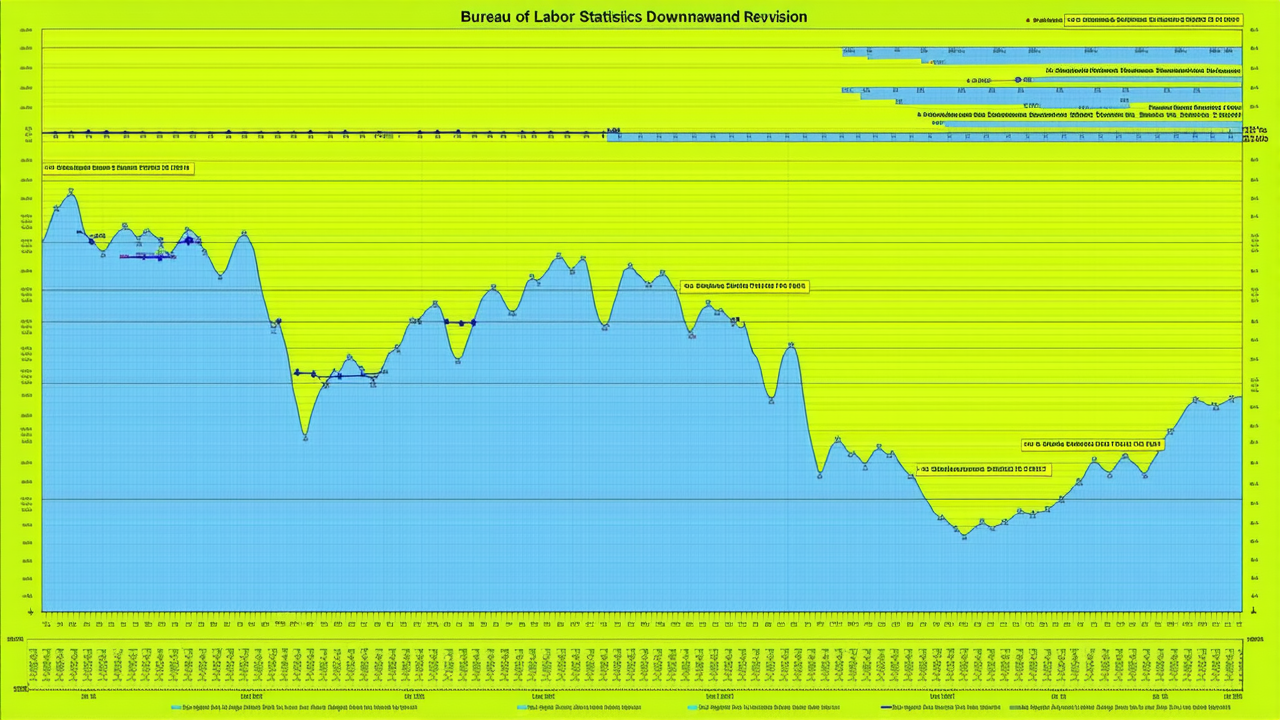BLS Job Report Revisions Highlight Challenges in Labor Data Collection
Keywords: BLS, job report revisions, labor statistics, Bureau of Labor Statistics, Trump firing, employment data, economic data, labor market, job numbers, data collection, response rates, economic shocks, tariffs, labor market revisions, BLS commissioner, Erika McEntarfer, labor market accuracy, job market analysis
Back to News List
Tuesday, 05 August 2025
The Bureau of Labor Statistics (BLS) recently issued a significant downward revision to the May and June jobs numbers, reducing the reported payroll growth by 258,000 jobs. This marks the largest two-month downward revision to the jobs numbers since 1968. The revision has sparked controversy, with President Trump accusing the BLS commissioner, Erika McEntarfer, of political bias and subsequently firing her. However, experts emphasize that such revisions are a normal part of the BLS reporting process.
The BLS collects data through surveys of both households and businesses. Initial reports are based on the data received by a specific deadline, and revisions are issued as more complete data becomes available. This process is necessary because not all survey respondents provide their information on time, requiring the BLS to use scientific modeling to estimate employment figures until more data is received.
The most recent revision affected both public- and private-sector jobs. The downward revision for public-sector payroll growth was primarily due to lower state and local government job gains, according to Goldman Sachs analysts. Private-sector job gains were previously overstated due to incomplete response data. The revisions do not reflect a failure or bias on the part of the BLS, as the commissioner has no authority to alter the data.
Experts also note that the BLS faces long-term challenges in collecting complete data due to declining response rates. Only about 70% of employers surveyed respond on time, and the remaining data is often collected a month later, leading to more accurate revisions. Additionally, weekly economic shocks, such as those caused by tariffs, add to the difficulty of releasing precise jobs data each month.
Despite the large revision, experts argue that the impact on the overall labor market is relatively small. The revision is a normal part of the BLS process, and the agency prioritizes the timely release of data over 100% accuracy. The White House has not provided evidence that the revised numbers were manipulated for political purposes, and the BLS has consistently maintained that its data is accurate and unbiased.
